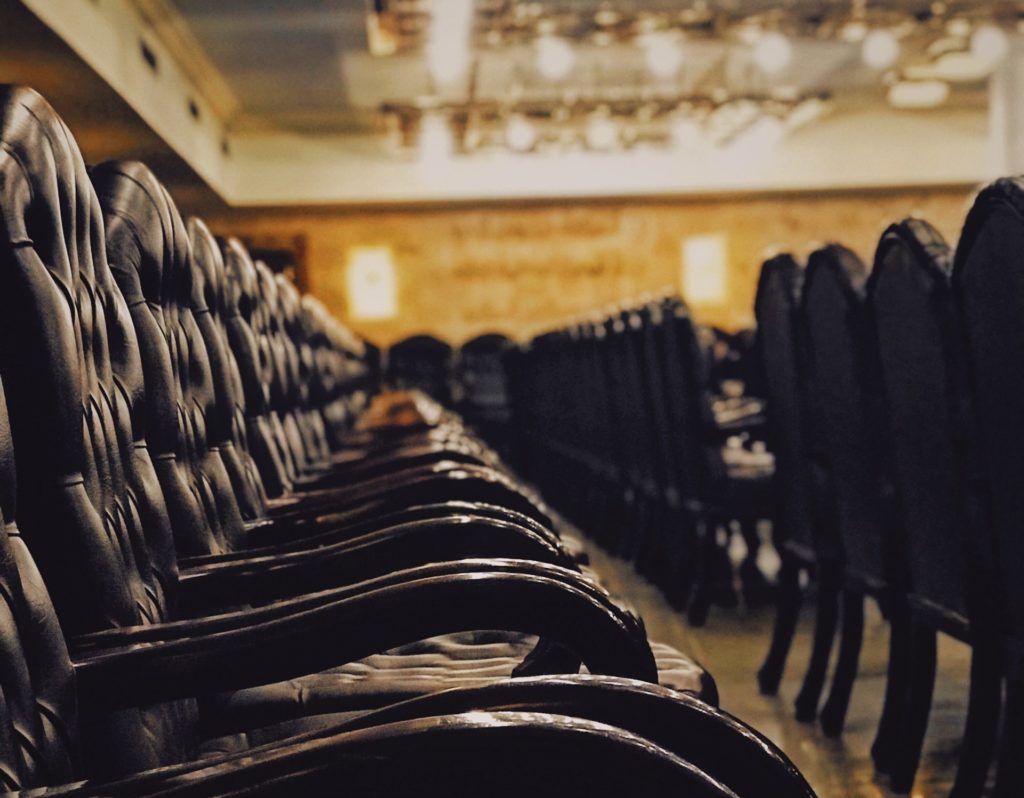Changing Juries: The Impact of Millennial Jurors on Trials and Verdicts

Millennials have always been under a microscope, scrutinized for everything from their spending habits to their work ethic. This fascination in the age group – those from roughly 26 to 41 – isn’t surprising given that at 72 million-strong it is the largest living generation in the United States.
But one less-discussed trait of the Millennial Generation is its impact on juries. And the impact can be significant given that at least one-fourth of a typical jury box will be made up of Millennials.
More than ever, courtroom lawyers must understand Millennials and what they look for as jurists. Below are some observations I recently shared with Pennsylvania county defense lawyers.
· Millennials have experienced numerous disasters and life-altering events, including the COVID-19 pandemic, the BP oil spill, the Great Recession, and wars in Iraq and Afghanistan. As a result, they strive to improve their workspaces to provide for financial, mental, and physical health amid crises. Their heightened expectations for a healthy workplace have resulted in them holding employers to a higher standard in court.
· Millennials are likely to award higher damages. A mock trial study done with 700 jurors by Litigation Management Magazine revealed that the average Millennial award damage was $6 million, significantly higher than the non-Millennial award damage average of $3.5 million. Why the disparity? Millennials believe those who’ve proved to be damaged should receive as much monetary compensation as possible. Millennials empathize with people who have endured the same economic hardships as them.
· Millennials view court evidence through a different lens than other generations. Due to the increased use of short-form video apps, such as YouTube and TikTok, Millennials have a shorter attention span than older generations – averaging only 12 seconds. They are drawn to easy and immediate access to information and instant gratification. As a result, it’s incumbent for lawyers to keep Millennials focused and interested throughout a trial.
· Millennials expect evidence to be displayed masterfully and with up-to-date technology. Old-fashioned technology will lose their attention, and a lack of skill in using technology will be perceived as a weakness. Millennials also expect a thorough timeline with no missing pieces, full explanations of graphs and models, and efficiency.
· Millennials dislike the stereotypes associated with them, so lawyers should avoid using harmful generalizations or condescending words.
Interacting with Millennial jurors requires a different approach than is typical for some lawyers. This giant generation has different and distinct expectations regarding how evidence is presented, how employers should be viewed, and how damages should be awarded among other things.
Given that your next jury is likely to consist of several Millennials, these differences should be taken into consideration and used to adapt one’s presentations and arguments.